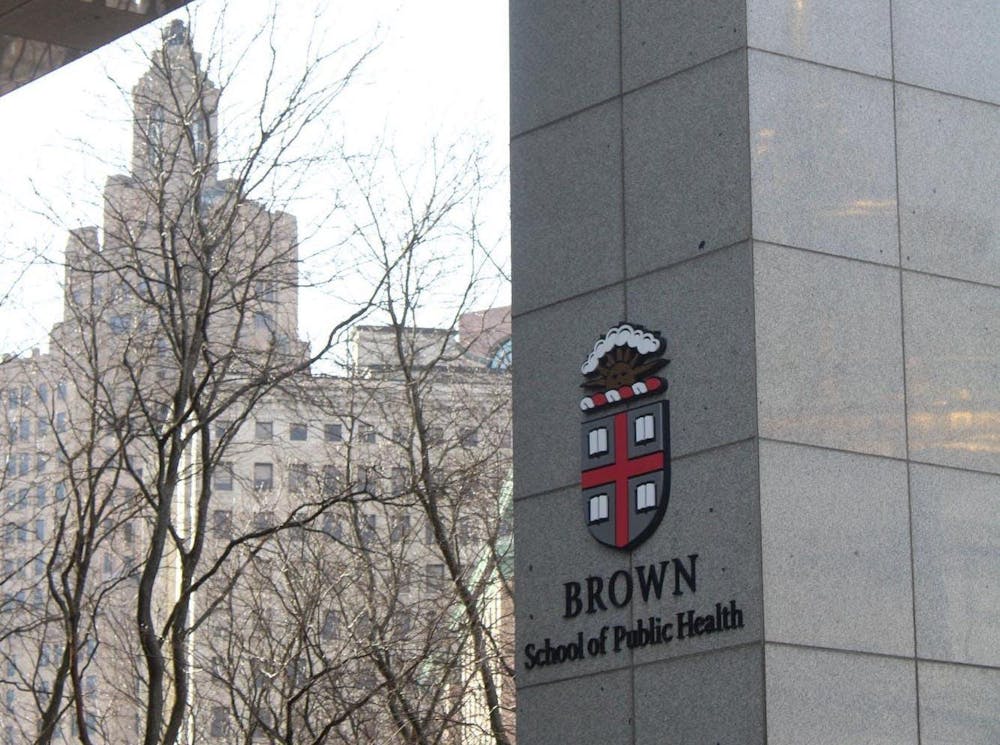This year, Professor of Health Services, Policy and Practice Linda Resnik and her colleagues received a $5 million federal grant over five years to create Learning Health Systems Training to Improve Disability and Chronic Condition Care — or LeaHD. The new center, hosted by the School of Public Health, aims to train researchers on how to improve quality of care for people living with chronic conditions.
More than half of U.S. adults are estimated to suffer from chronic conditions, according to the Centers for Disease Control and Prevention website. Chronic diseases, as defined by the CDC, are conditions that last for over a year and “require ongoing medical attention or limit activities of daily living or both.”
“There is an urgent need to ensure equitable access to quality rehabilitation care and long term services and supports (LTSS) for persons with disability and chronic conditions,” LeaHD’s website states.
Resnik explained that “rehabilitation optimizes function and reduces disability while LTSS help(s) individuals with complex health care needs due to aging, chronic illness or disability live more independently.”
She added that long-term services and supports include “services such as personal care, supportive housing and food assistance.”
Beyond Brown, LeaHD looks to build on a collaboration between scientists at the University of Pittsburgh and Boston University, which has previously contributed to two other research centers led by Resnik: the Center on Health Services Training and Research and the Learning Health Systems Rehabilitation Research Network.
LeaHD trains researchers using a learning health systems approach. A learning health system is “a system that can continuously study and improve itself,” Resnik wrote. “The LHS approach harnesses the power of data and analytics to learn what works best and to feed that knowledge back to patients, clinicians, other professionals and stakeholders to create a continuous quality improvement cycle.”
“The overall goal of a LHS is to create a cycle of learning and improvement that leads to better outcomes and more efficient care delivery,” she added.
Currently, LeaHD is partnered with nine health systems, including Lifespan — Rhode Island’s largest hospital system. “We expect to place between one and three LHS scientists at Lifespan over the 5 years of the project,” Resnik wrote.
In October 2023, Brown agreed to expand its existing affiliation with Lifespan. In 2022, Brown, Lifespan and Care New England all signed an aligned research collaboration agreement aimed to improve coordination between the three parties, The Herald previously reported.
LeaHD scientists will be paired with a specific health system based on their experiences and work with mentors within their respective partnered health system, according to Resnik. “Health system engagement is critical to help identify and design a LHS research project that meets the (health system’s) priorities.”
As a training center, LeaHD expects its scientists to have a long-lasting impact beyond the five-year grant. “At the end of the 5 years, we hope to have trained 12 LHS scientists who will be poised to continue this type of work,” Resnik wrote.
“We expect that the research that they conduct in real world healthcare settings will produce evidence that is more timely; more generalizable; less costly, in both time and money; and more relevant and actionable than what might be generated from research conducted in explanatory clinical trials.”

Ryan Doherty is the managing editor of digital content and vice president of The Herald's 135th editorial board. He is a junior from Carmel, NY who is concentrating in chemistry and economics. He previously served as a university news and science & research editor, covering faculty and higher education.





